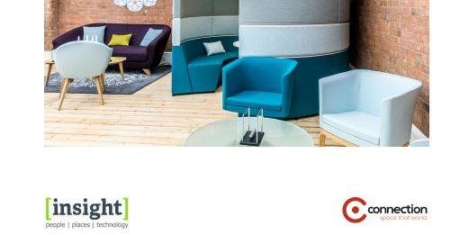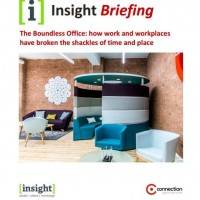March 17, 2016
Poor line management blamed for lack of career progression at work 0
 A third (33 percent) of UK employees say their career progression to date has failed to meet their expectations, with four in ten (39 percent) blaming poor line management for stifling their ambitions. According to the latest Employee Outlook Survey: Focus on Skills and Careers from the CIPD, a lack of effective training programmes (34 percent) and negative office politics (34 percent) are also to blame. The survey of over 2,000 employees considered the key factors relating to employees’ upbringing, education and workplace that affect whether or not their career progression had met their expectations. It also found that over a quarter (26 percent) of those whose career has failed to live up to their expectations identified poor-quality career advice and guidance at school as a key factor to blame, with three in ten (29 percent) saying they are in the wrong career so cannot show their strengths or potential.
A third (33 percent) of UK employees say their career progression to date has failed to meet their expectations, with four in ten (39 percent) blaming poor line management for stifling their ambitions. According to the latest Employee Outlook Survey: Focus on Skills and Careers from the CIPD, a lack of effective training programmes (34 percent) and negative office politics (34 percent) are also to blame. The survey of over 2,000 employees considered the key factors relating to employees’ upbringing, education and workplace that affect whether or not their career progression had met their expectations. It also found that over a quarter (26 percent) of those whose career has failed to live up to their expectations identified poor-quality career advice and guidance at school as a key factor to blame, with three in ten (29 percent) saying they are in the wrong career so cannot show their strengths or potential.





































March 11, 2016
What that story about menstrual leave teaches us about flexible working 0
by Mark Eltringham • Comment, Flexible working, Technology, Workplace
(more…)